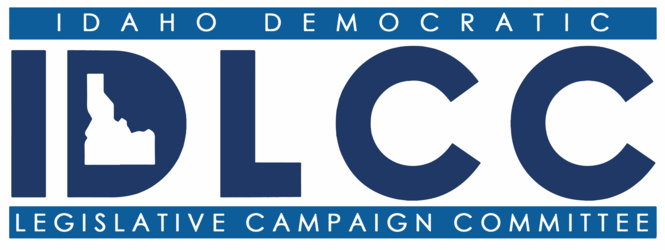House Republicans fast-tracked a bill to make sweeping changes to the Idaho Judicial Council, which is responsible for delivering a slate of vetted candidates to the governor for judicial appointments, like a supreme court justice or district judge.

Rep. James Ruchti
House Bill 782 passed the body in a 44-24 vote Friday and now heads to the Senate. The bill expands the council from seven members to 11. Currently, it is composed of three non-attorneys, a district court judge, two attorneys appointed by the Idaho State Bar Association with approval from the Idaho Senate, and the chief justice of the Idaho Supreme Court, who serves as the chair. The governor selects the three non-attorney members, all of whom must also be confirmed by the Senate. Under the legislation, the governor would select 8 of the 11 members, going from roughly 40% control to over 70%. It also gives the governor the power to reject one list of nominees from the council for any judicial appointment and get a new list of names.
Republicans suspended the rules to speed up the voting process on the legislation. It went before the House Judiciary, Rules and Administration Committee Thursday and passed in a 10-7 vote after lengthy debate, which revealed strong opposition from the judicial branch. A spokesperson for the state Supreme Court said the justices were not consulted for feedback and only received the bill Wednesday — the same day Chief Justice Richard Bevan left the country on a long-planned trip. Opposition also was expressed by five former justices, who submitted a joint letter to lawmakers against the bill.

Rep. Colin Nash
Rep. James Ruchti (D-Pocatello), an attorney and former president of the Idaho Trial Lawyers Association, said if signed into law, the legislation would bring politics into the judicial selection process, jeopardize the courts’ independence and create unequal branches of government.
“This bill shifts the influence of the governor’s office heavily. The independence of the judiciary is essential,” Ruchti said. “There are some in the legislature who are angry with the Idaho Supreme Court because it has deemed many bills passed here as unconstitutional. But rather than write better legislation, they want to do a full upheaval of the judicial council so they can better control who serves on the courts. The legislature has a habit of trying to solve non-existent problems. The council has operated in its current form for over 50 years, and backers of this bill have failed to cite any real issues with the system we have now.”
Rep. Colin Nash (D-Boise), also an attorney, echoed Ruchti and called the legislation “a monumental expansion of gubernatorial authority over the judiciary, which will weaken its independence and risks the politicization of Idaho’s courts.”


Recent Comments